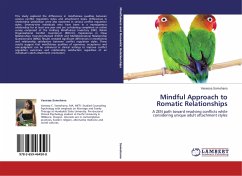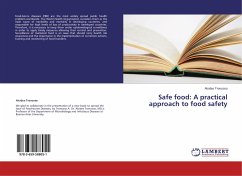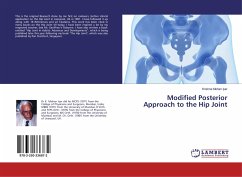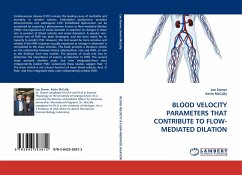This study explored the differences in mindfulness qualities between various conflict regulation styles and attachment styles. Differences in relationship satisfaction were also examined in various conflict regulation styles. Seventy-nine individuals who have been in a monogamous relationship for at least one year and are co-habiting completed an online survey comprised of the Freiberg Mindfulness Inventory (FMI), Rahim Organizational Conflict Inventory-II (ROCI-II), Experiences in Close Relationships Inventory-Revised (ECR-R) and Multidimensional Relationship Questionnaire (MRQ). Results revealed significant differences in mindfulness and relationship satisfaction between conflict regulation styles. These results suggest that mindfulness qualities of openness, acceptance and non-judgment can be enhanced in clinical settings to improve conflict regulation outcomes and relationship satisfaction regardless of an individual's adult attachment orientation.
Bitte wählen Sie Ihr Anliegen aus.
Rechnungen
Retourenschein anfordern
Bestellstatus
Storno








